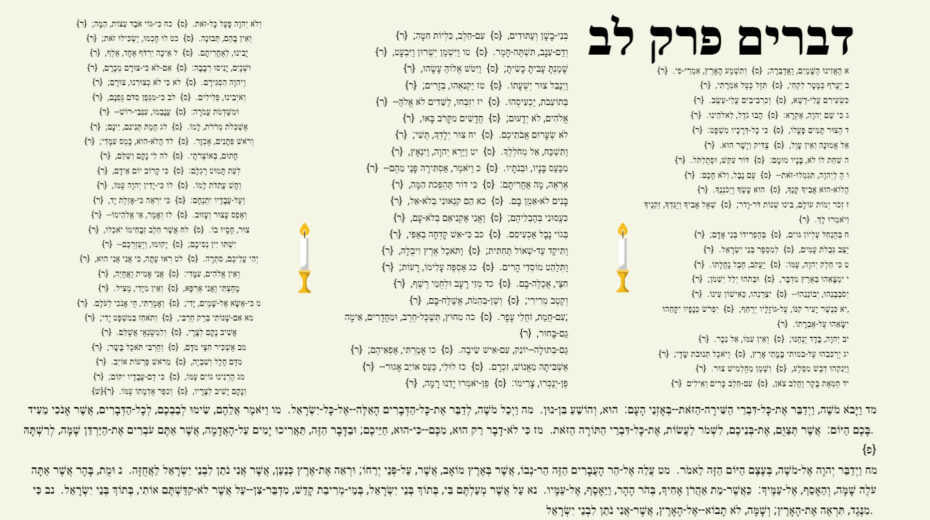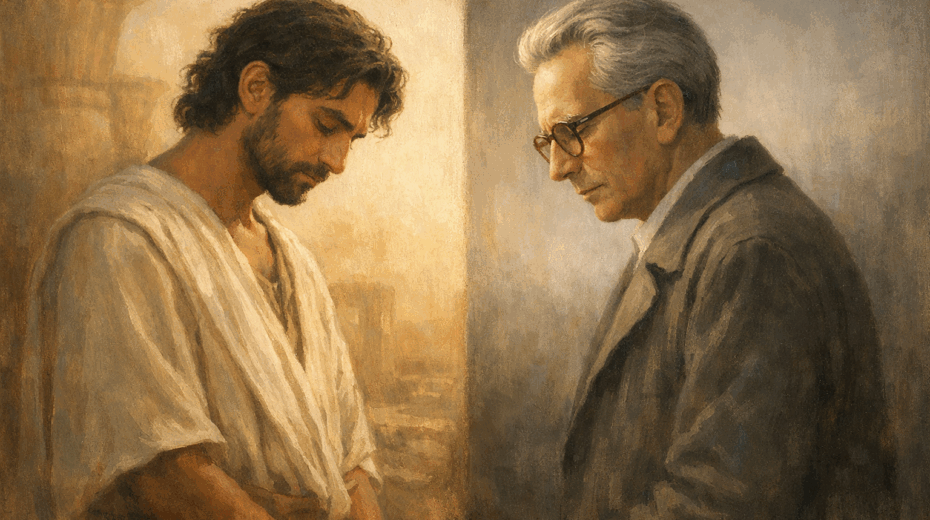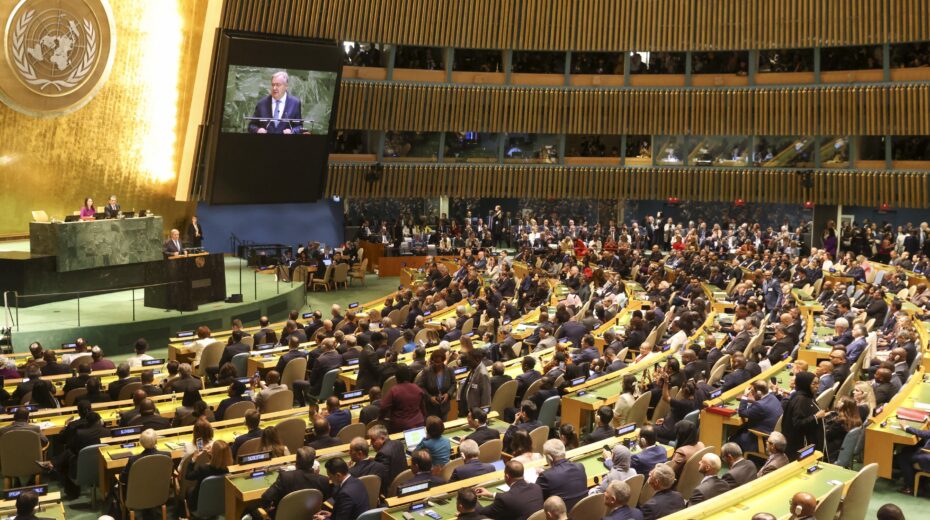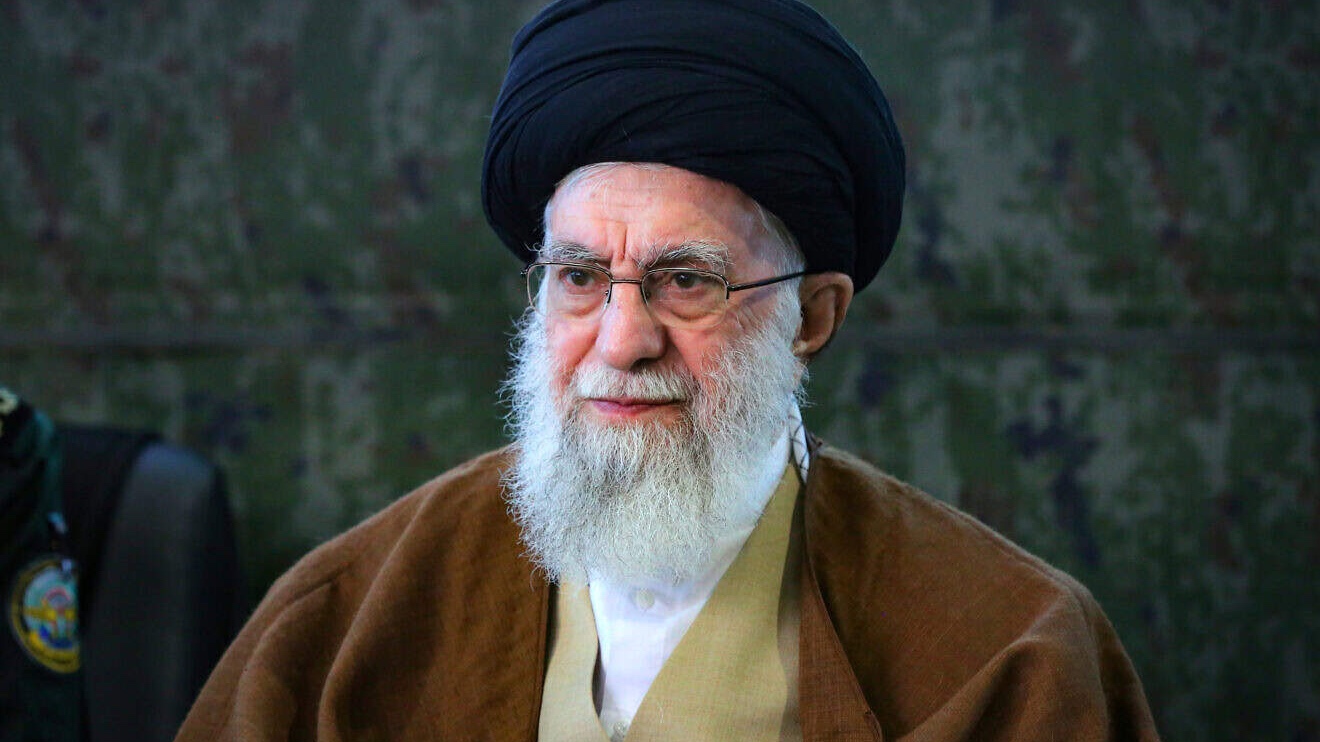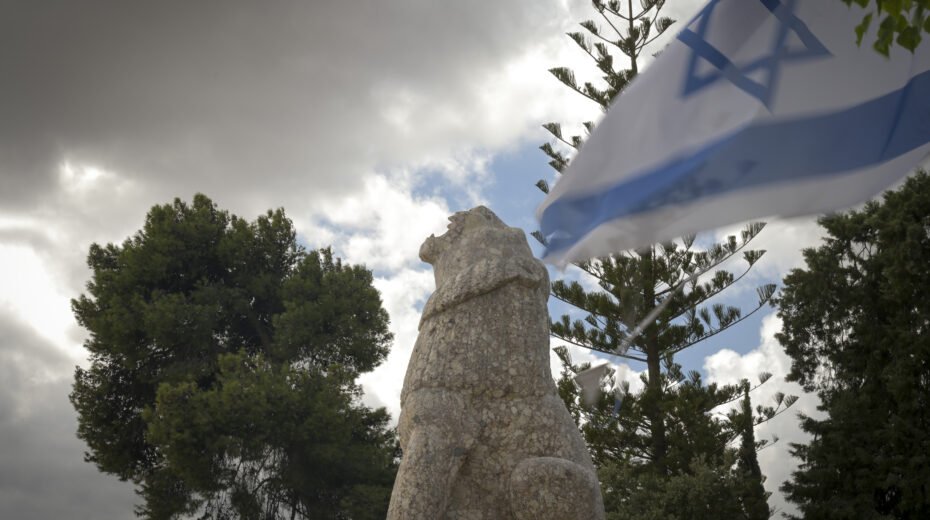Weekly Torah Reading – הַאֲזִינוּ – Haazinu – Listen; Deuteronomy 32:1 – 52; 2 Samuel 22:1 – 51
Moses chooses not a long lecture or a speech filled with admonitions, but a song. A song that will not be forgotten. A song meant to remind generations of who God is: the One, the Only, who carries, judges, and sustains the world.
“See now that I, I am He, and there is no god beside Me…” For the second time in his life, Moses composes a song. The first was after the crossing of the Sea of Reeds, when he wrote the Song at the Sea to praise, glorify, and give thanks for God’s wonders and signs. Forty years later, Moses writes another song, but this time with a very different purpose. Now, the song is to remind future generations of who God is, the One who guides and determines the world.
And why did Moses choose to end his words with a song? Perhaps because he felt he had said enough? Perhaps because he realized he could add nothing new? Perhaps because he noticed his words were no longer penetrating, falling on deaf ears? Perhaps because the people might stray again and forget who their God is? Or perhaps because he wanted to conclude his message as he began it—with a song?
A song is closer to us than long sentences. It is more accessible, more memorable. Often, a single line of a song can uplift the soul more than many verses. And Moses understood this. In the end, the song speaks a central truth: there is only one, unique God. The almighty God! A God who can rejoice but also be angry. A God who brings death but also gives life. Who punishes but also saves and heals.
“See now that I, I am He, and there is no god beside Me…” The word “I” appears twice, so we understand and never forget who God is. There is no “I” but Him. God is a jealous God; He tolerates no rivals. He firmly rejects idolatry. He wants us wholly, without division. And this is precisely what we must keep in mind through all generations, for it is the central message of the entire Bible.
Our God is present and real. He exists in every moment, in all that was, is, and will be. The question is: Do I see Him? Do I feel Him? Do I hear Him? Do I make room for His presence? Or do I replace Him with other “gods”?
It is no coincidence that we read this portion just before Yom Kippur, the day when each of us holds a personal mirror of soul and faith before God. A day when we examine: How alive, how real, how present is God in my life? How ready am I to meet Him, to look at Him, and to listen to His voice?
This is the day when we must ask ourselves: Which God have I experienced this year? The God of wrath and punishment? Or the God of blessing and abundance? Have I felt His protective wings? Or did I feel alone and abandoned? Did I encounter Him in silence or in the storm? At home or far away? In hatred or in love? In memory or in forgetfulness? And if we hold fast to just this one line of the song, it is enough: “Give ear, O heavens, and I will speak, and let the earth hear the words of my mouth…
“For the Lord, your God, is with you; He will not let you fall or forsake you.” God is here, with us, for all eternity. “May your inscription be sealed for good” – גמר חתימה טובה.
Shabbat Shalom.
Shabbat Times in Israel (Local Time):
- Jerusalem – Start: 5:46 PM, End: 6:56 PM
- Tel Aviv – Start: 6:01 PM, End: 6:58 PM
- Haifa – Start: 5:52 PM, End: 6:57 PM
- Beersheva – Start: 6:03 PM, End: 6:58 PM
- Eilat – Start: 5:53 PM, End: 6:58 PM

